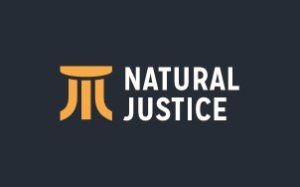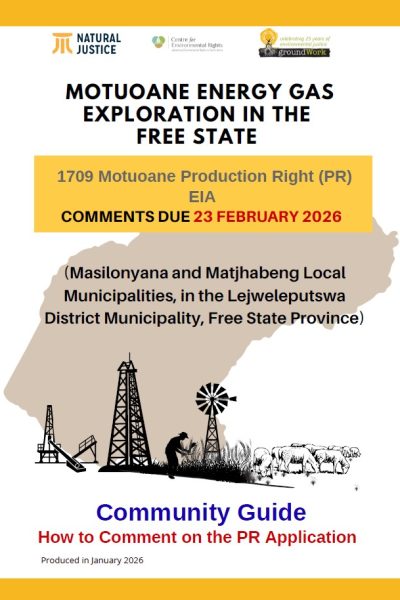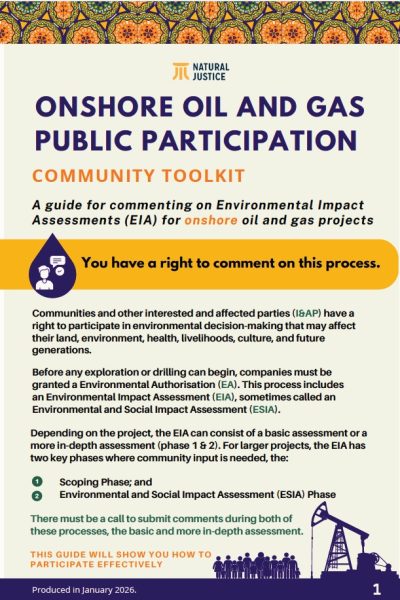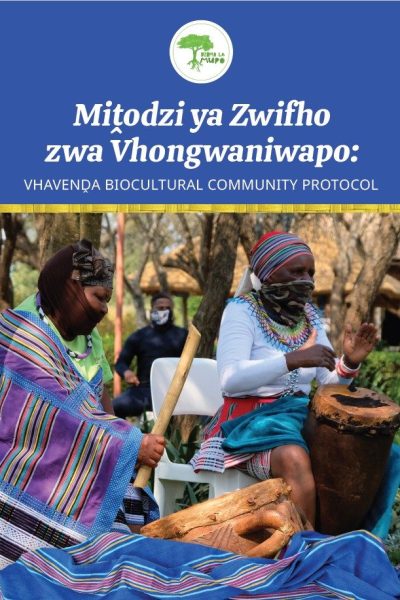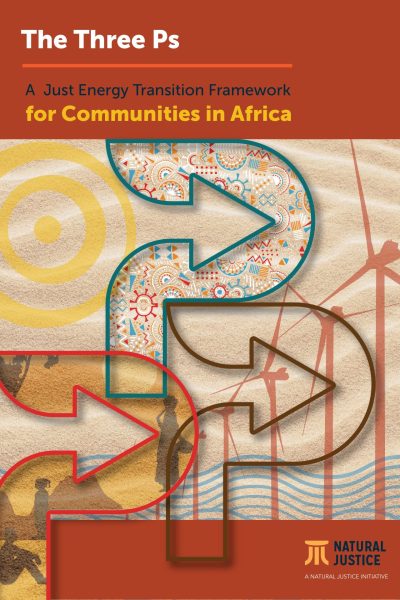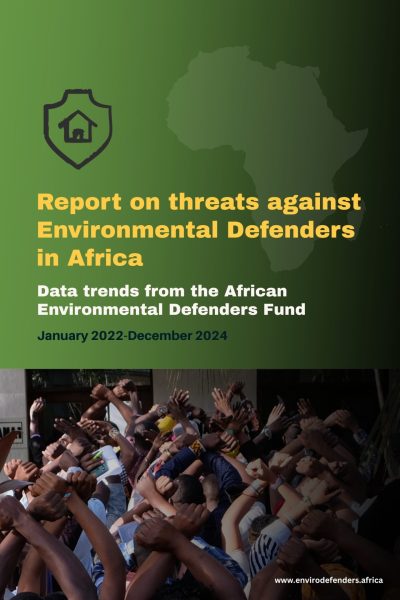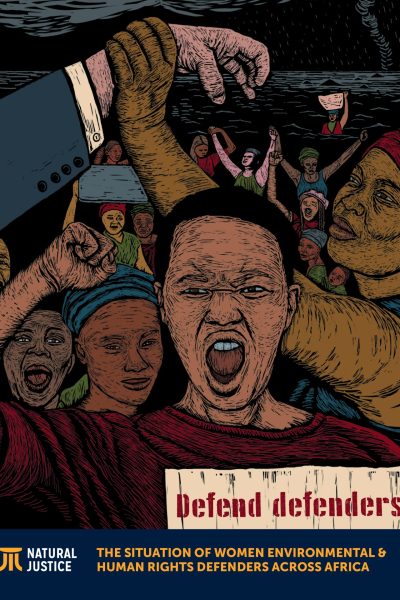Natural Justice has submitted a detailed rights-based critique of South Africa’s Draft Second Nationally Determined Contribution (NDC), urging the Department of Forestry, Fisheries and the Environment to revise the document to reflect highest possible ambition, climate justice, and human rights-based development.
While the draft NDC shows progress — such as tighter 2030 targets and a new carbon budget for 2031–2035 — but it lacks enforceable commitments, adequate financing, and community-centered implementation. Without urgent revisions, the NDC risks remaining aspirational rather than actionable.
Key Issues Identified
A. Mitigation Gaps
- Conditional ambition undermines credibility; lacks clear domestic commitments.
- No phase-out schedule for coal and fossil fuels.
- Continued fossil fuel reliance violates rights to life and health.
- Weak alignment with international legal standards, including the ICJ Advisory Opinion.
B. Adaptation Shortcomings
- Major goals remain unfunded (“TBD”).
- No direct funding for local governments or communities.
- Monitoring focuses on infrastructure, not human rights outcomes.
- Absence of Free, Prior and Informed Consent (FPIC) and gender-responsive planning.
C. Loss and Damage (L&D) Deficiencies
- No commitment to grant-based finance; risks increasing sovereign debt.
- No roadmap for domestic implementation or community access to funds.
- Disaster management structures lack rights-based mandates and procedural safeguards.
D. Cross-Cutting Institutional Gaps
- Exclusion of natural disturbance emissions from MRV.
- Ambiguous reporting on conditional vs. unconditional actions.
- Lack of participation guarantees, grievance mechanisms, and legal accountability.
Recommendations for Advocacy
Natural Justice calls for the following:
- Unconditional domestic commitments to emissions reductions.
- Phase-out of fossil fuels with clear timelines.
- Rights-based adaptation planning, including FPIC and gender-responsive budgeting.
- Establishment of a domestic Loss and Damage facility with grant-based finance.
- Transparent MRV systems with disaggregated data and community participation.
- Integration of human rights indicators into all climate planning and reporting.

